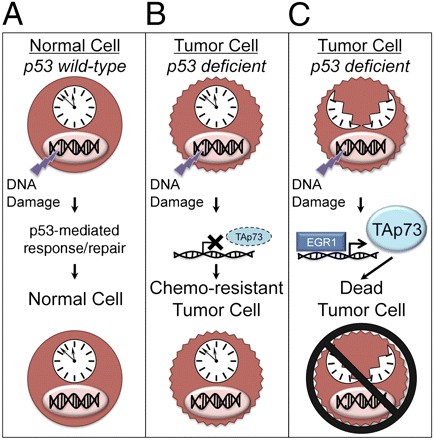|
|
|
When taking monoamine oxidase inhibitors, people should avoid a variety of foods, which include alcoholic beverages, bean curd, broad (fava) bean pods, cheese, fish, ginseng, protein extracts, meat, sauerkraut, shrimp paste, soups, and yeast.
People about to have surgery must tell their health care providers about all supplements they take.
Symptoms of kidney problems include a loss of appetite, back pain (which may be sudden and intense), chills, abdominal pain, fluid retention, nausea, the urge to urinate, vomiting, and fever.
In the ancient and medieval periods, dysentery killed about ? of all babies before they reach 12 months of age. The disease was transferred through contaminated drinking water, because there was no way to adequately dispose of sewage, which contaminated the water.
Prostaglandins were first isolated from human semen in Sweden in the 1930s. They were so named because the researcher thought that they came from the prostate gland. In fact, prostaglandins exist and are synthesized in almost every cell of the body.
 Photograph of a child with a cochlear implant. This device sends electrical impulses directly to the
Photograph of a child with a cochlear implant. This device sends electrical impulses directly to the
 Tubal ligation. To minimize the size of the incisions necessary, laparoscopic surgery may be used to
Tubal ligation. To minimize the size of the incisions necessary, laparoscopic surgery may be used to





